
When it was announced that a Bob Marley biopic would be coming to the big screen, there were many questions about it. Who could possibly embody the essence of such an influential and impactful man as Marley? Would Caribbean actors actually be cast in various roles? And, of course, would they get the Jamaican accent and signature patois right and avoid the often cringeworthy caricature-like depictions we’ve seen in the past?
Bob Marley transcended music and spread messages of love, unity, and social consciousness; in the process, he touched the world. While capturing all that he did and every aspect of his life would be nearly impossible, the film “Bob Marley: One Love” takes viewers on a journey of Marley’s rise and career with captivating care and precision.
The movie is now one of the most successful biopics ever. Since its Valentine’s Day release, it has resonated with audiences worldwide, grossing an impressive $146 million in box office receipts, including $83 million from the U.S. and Canada alone. According to Billboard.com, the film is now among the top 10 highest-grossing musician biopics ever.
Set in 1970s Jamaica, the film unfolds with a depth that grips the viewer from beginning to end. It presents Marley, his music, and Jamaica’s rich culture in an authentic light against a backdrop of the tense political happenings of that time.
“We had one mission and understood the mission. We had to get it right, and it was magical to see the cast and the chemistry of everyone that brought Bob’s powerful story to life,” says Casting Director Kareen Blake Chin of KBC Casting in Kingston, Jamaica.
We all know Bob Marley, the musician. But this film does so well in letting us into how he felt, the inner struggles he faced, and his personality. Apart from the interview clips and archival footage of concerts we’ve seen since his 1981 passing, here we see that, like us, he was human.
As a Caribbean American woman, I was deeply touched by the film because it not only told the life story of a son of the soil who became a global icon but also ushered in a whole new level of cultural representation in Hollywood.
Despite the speculation about whether or not this film would deliver or the debates about who should have played Bob Marley, One Love got it right. It explores the life and legacy of a global icon from the Caribbean with authenticity.
In his portrayal of the Reggae legend, British actor Kingsley Ben-Adir, who is of Trinidadian descent, was able to capture Marley’s essence, from his free-spirited dance steps to his mannerisms and accent.With depth and strength, British actress Lashana Lynch, who is of Jamaican descent beautifully portrays the Marley matriarch, nailing her mannerisms as well.
Speaking of which, it was refreshing to see the vibrancy of Caribbean mannerisms on full display in the film. Caribbean people tend to be very animated and often have a playful, joking nature, so seeing that on screen was wonderful, from the fun banter between Marley and The Wailers during their rehearsals to a signature Caribbean “kiss teeth” (suck teeth) to express disappointment or disapproval.
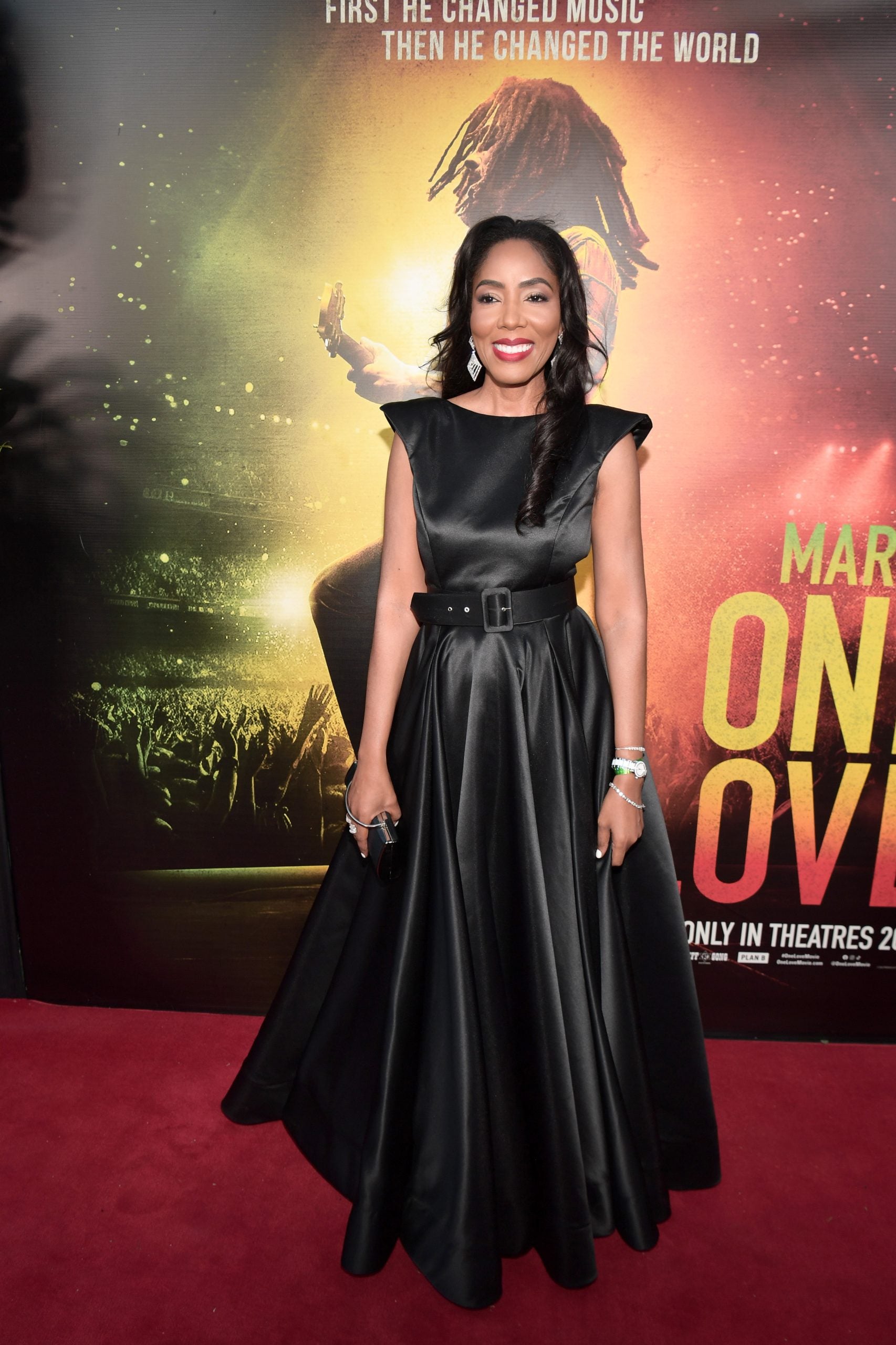
“This film will definitely introduce our culture on an even larger global platform and being able to cast Caribbean actors on the mainstream has been such a highlight for me that I get teary-eyed,” Chin tells ESSENCE. “This film has transcended through time. We have people from my era, we are portraying people from that time and then we have the new generation who will be able to experience Bob Marley’s legacy through this story. I think that will create a huge impact globally…creating a real appetite for Caribbean content,” she adds.
Jamaican musician Hector Roots Lewis made his acting debut in the film portraying Carlton “Carly” Barrett, the legendary drummer for Bob Marley and The Wailers. “Being able to help tell Bob’s story is one of the highlights of my career, and it’s an incredible honor. Bob’s story is a human story that I think we all can relate to,” says Lewis.
In addition to his natural abilities as a drummer and entertainer, he captured Barrett’s most subtle nuances, such as how he folded his lips and hunched his shoulders while playing. Watching Lewis in the movie (and yes, I saw it twice!) and other Caribbean actors being able to show up in a major movie as their full selves, accents, swag and all was indeed a proud moment in time that I won’t soon forget.
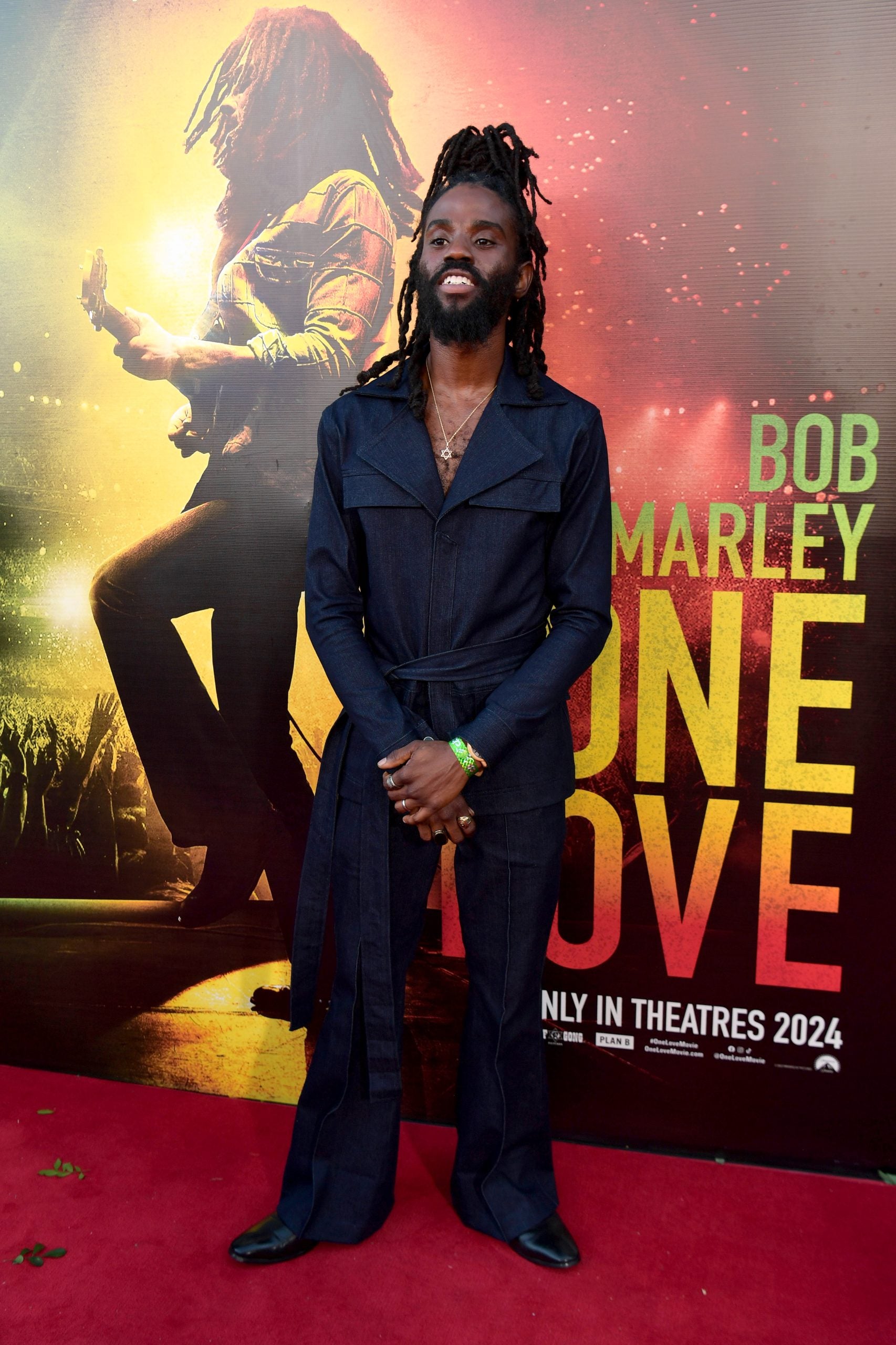
“Right now, we’re unlocking a new dream that some of us didn’t know would come, so there’s going to be a continuation of that going through the generations,” says Lewis, noting that he feels excited about how the representation in this movie will open doors for actors from Jamaica and across the Caribbean.
Jamaican songstress Sevana plays Judy Mowatt, a member of the I-Threes, the dynamic group that sang backup vocals for Marley in the film. She agrees with Lewis that the making of this movie is a game-changing moment for Caribbean representation in Hollywood.
“I think this will show everyone that, okay, yeah, this is something that’s possible. And this is something that we cannot ignore and shouldn’t ignore because there is real talent here and there is a network of people you can go through, like Kareen Chin, to find the actors that you are looking for,” she says. “I feel really happy to be a part of a Black film, this Black story for my first feature film,” Sevana adds.
Another element of the movie that really stood out to me was how the movie presented Rastafarianism. We saw a thoughtful exploration of a religion often misunderstood and misrepresented in popular culture. In One Love, Rastafari beliefs are shown with beauty and sensitivity, offering audiences a deeper perspective and challenging past portrayals thatmay have been inaccurate or simply superficial.
When asked what role Rastafarianism played in his portrayal of Barrett and how he understood the film’s message given that it was a central theme in Marley’s life, Lewis replied: “Yeah, well, I just want to big up Rastafari. It might have been a portrayal to most, for me, it was more of an upliftment ting for me as a Rastafarian. I do believe that diving deeper into the teachings of Rastafari helped me to better understand Bob as a man and, by extension, Carly Barrett as a man.”
The movie also highlights Marley’s deep Love for his African roots and his efforts to foster unity among the diaspora. We saw Marley’s music uplift and inspire the world, and we saw his journey from being a messenger who used music as a vehicle for change to being the message itself.
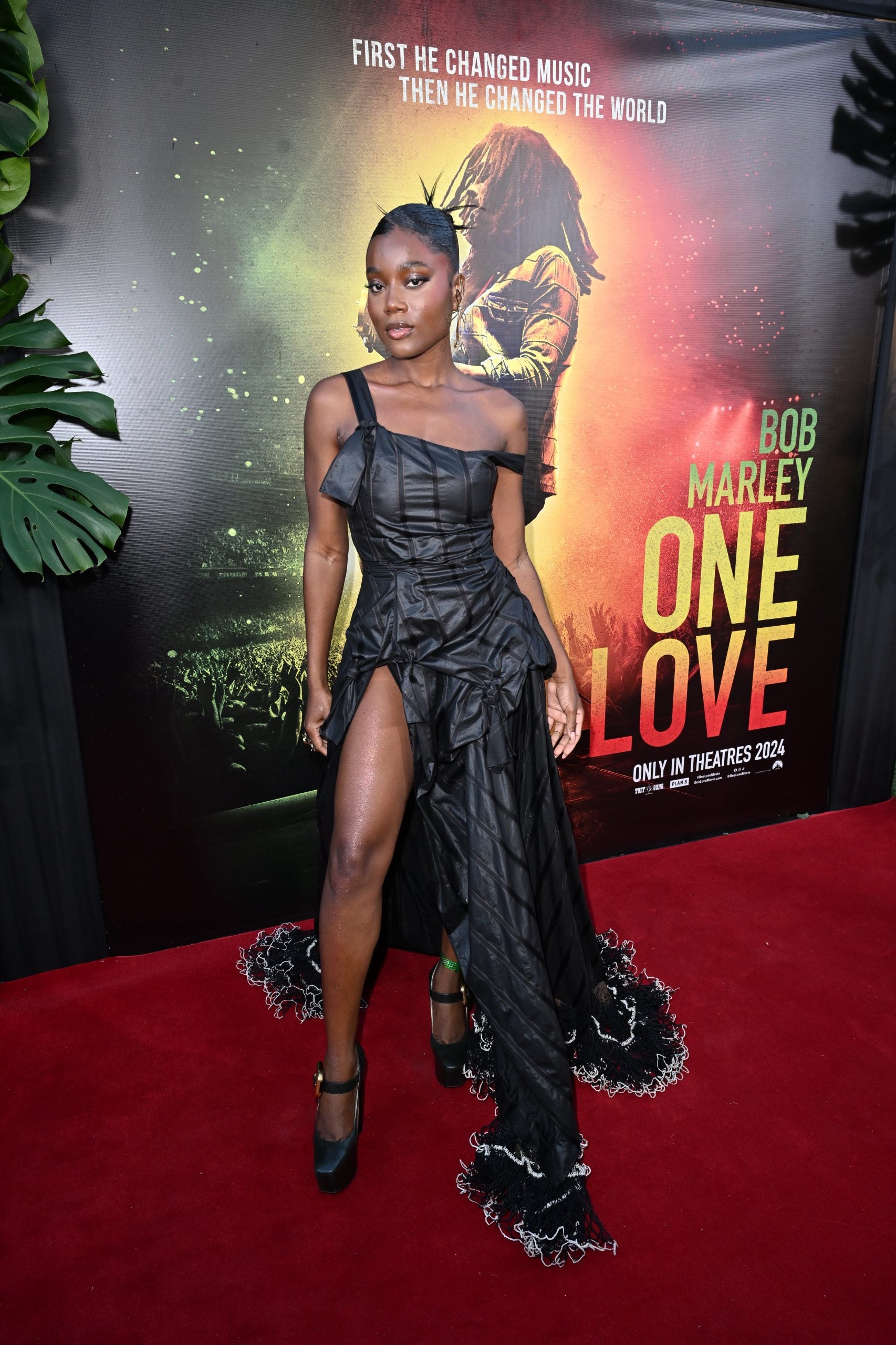


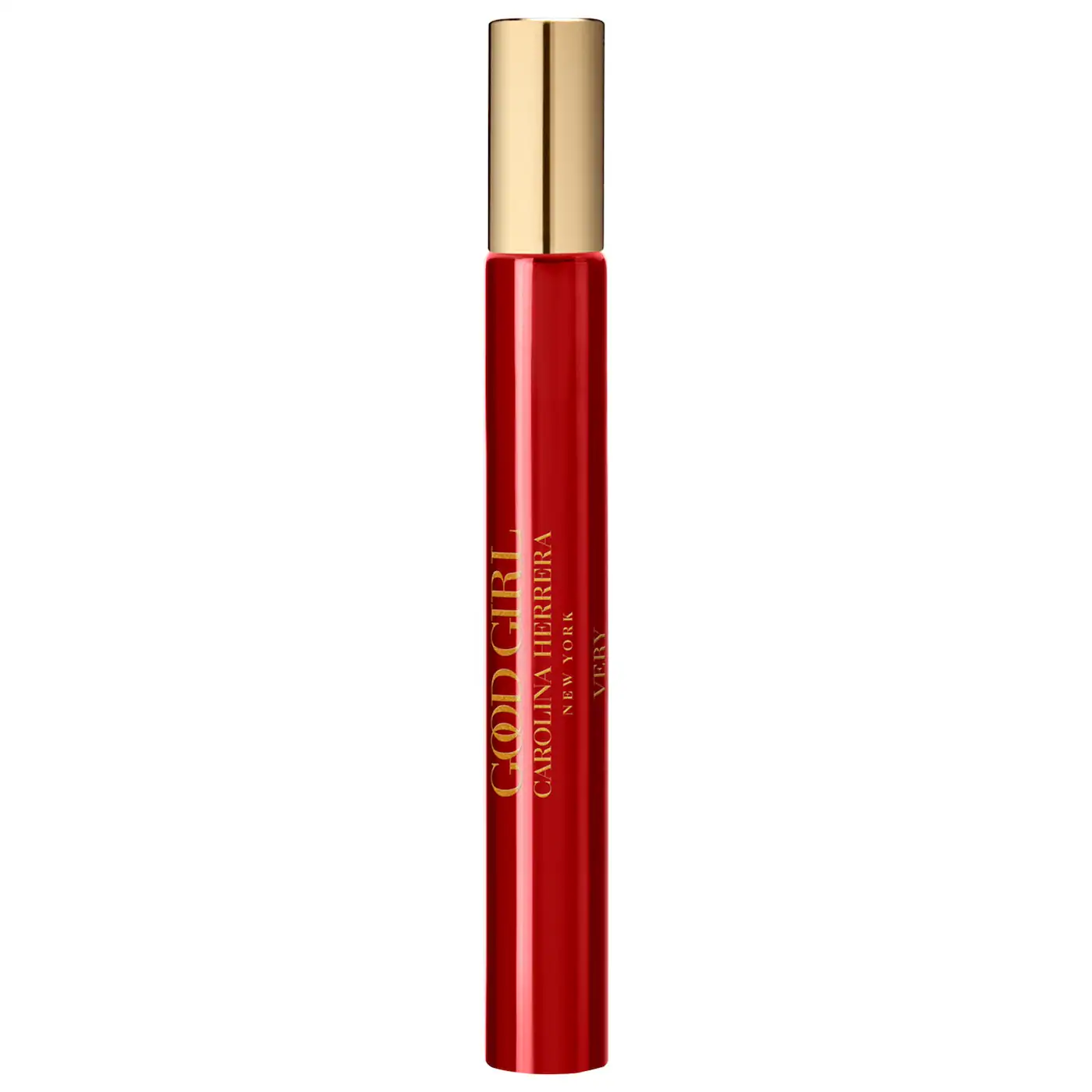
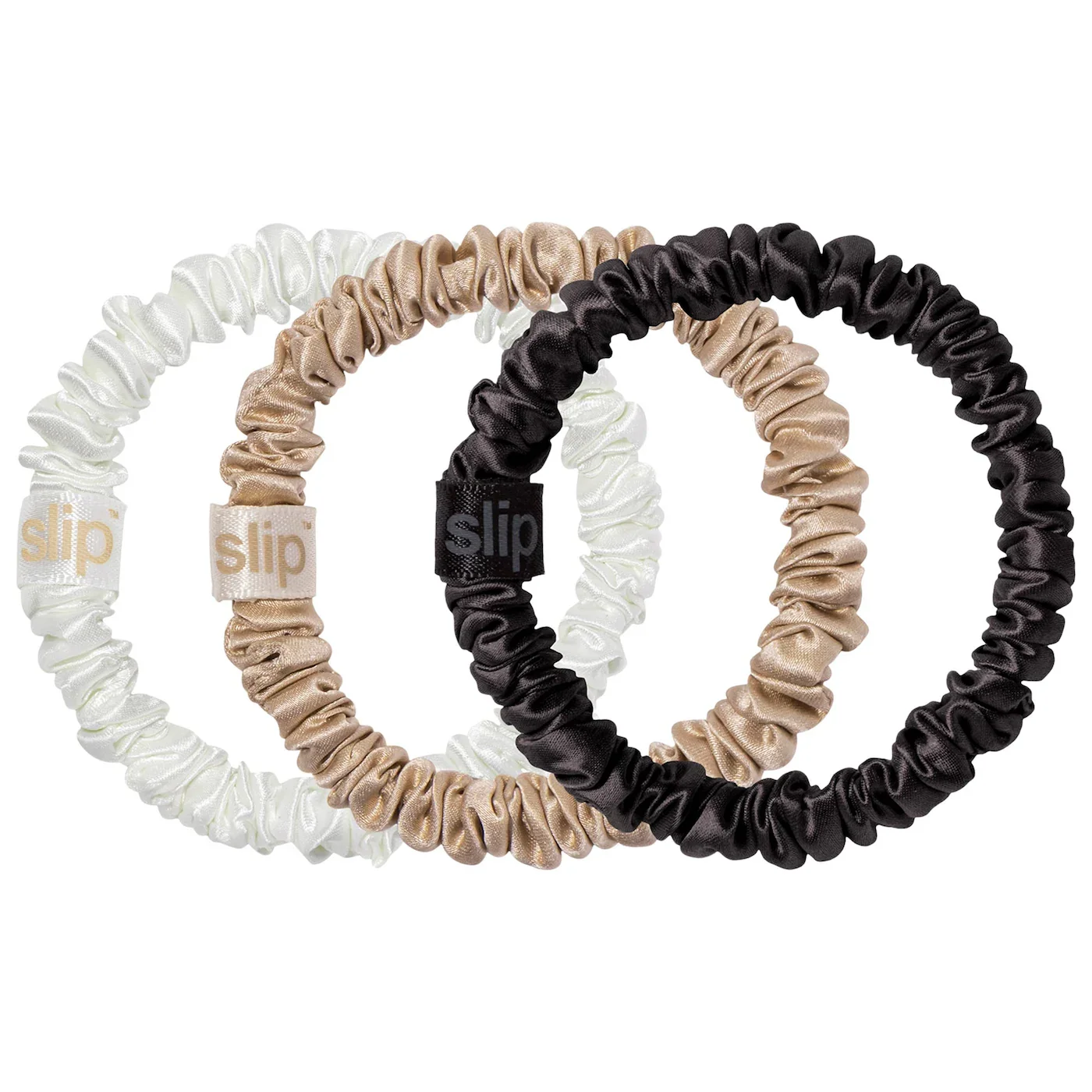



For Sevana, she says fully embraced her role by tapping into the magnitude of retelling such a crucial story in history. “It’s a proud moment to be part of history that’s retelling such a crucial story—Bob Marley’s story, one of the biggest musicians, musical acts to come out to just be in the world, a legend like The Rolling Stones. It’s not lost on me. It’s something that I think we’re all deeply honored to be a part of.”
The portrayal of Jamaican and broader Caribbean culture in cinema and popular media has often been marred by stereotypes and clichés, but “Bob Marley: One Love” is a powerful example of thoughtful, nuanced storytelling and depictions that has ushered in a new era for Caribbean representation in mainstream media while honoring the legacy of a global icon.






